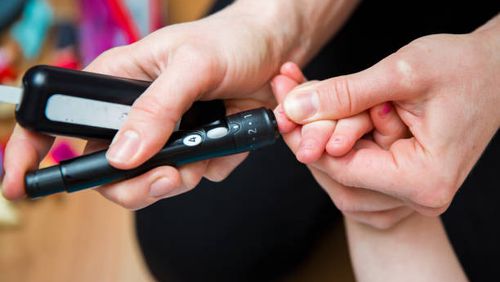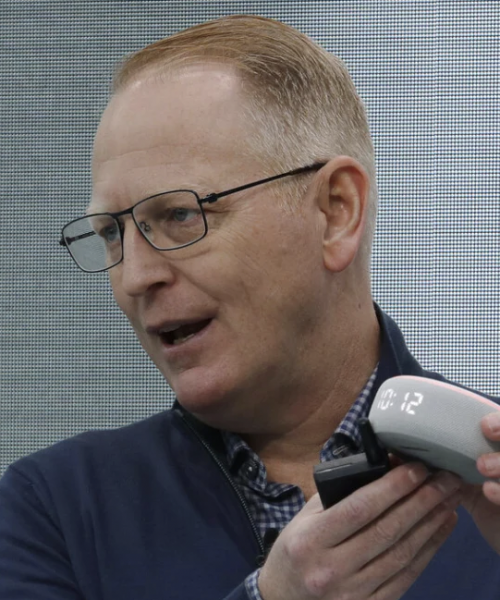By Kiersten Willis, The Atlanta Journal-Constitution
Troy Warren
A major diabetes study has found that in the last 10 years, control of blood sugar among U.S. adults has drastically declined.
Researchers at the Johns Hopkins Bloomberg School of Public Health conducted a national study. Their findings appear in the New England Journal of Medicine.
Using data from the annual National Health and Nutrition Examination Survey, researchers evaluated blood sugar control trends. They also reviewed how adults with diabetes controlled blood pressure and cholesterol. The study sample included 6,653 participants in the surveys from 1999 to 2018. Participants were at least 20 years old and not pregnant. They reported a doctor diagnosing them with diabetes outside of pregnancy.
Results showed adults with diabetes who had glycemic control improved from 1999 through 2009. Then it steeply fell from 57.4% between 2007-2010 to 50.5% from 2015 to 2018. Adults controlling blood pressure also declined. Adults who controlled their cholesterol virtually leveled off.
Blood sugar control, meanwhile, increased from 44% from 1999 to 2002 to 57.4% from 2007-2010. Then, it dropped to 50.5% between 2015-2018. Blood pressure control fell to 70.4% in 2015-2018. That was after it peaked at 74.2% in 2011-2014.
“These are concerning findings. There has been a real decline in glycemic control from a decade ago, and overall, only a small proportion of people with diabetes are simultaneously meeting the key goals of glycemic control, blood pressure control, and control of high cholesterol,” senior author Elizabeth Selvin, Ph.D., a professor in the Bloomberg School’s Department of Epidemiology said in a press release.
The study also showed a 22.2% decrease in adults controlling blood sugar, blood pressure and cholesterol between 2015 and 2018. That’s down from 24.9% from 2007-2010.
According to Selvin, the ACCORD and ADVANCE trials results could explain the trends. They showed rapidly decreasing HbA1c, a measure of blood sugar control over three months, to extremely low levels did not achieve expected cardiovascular benefits. An increased risk of low blood sugar was found in some trial participants who had blood sugar controlled to very low levels.
“As a result of these trials, what we may be seeing is that doctors of people with diabetes may have backed off a bit on glycemic control, with potentially damaging results,” Selvin said. New medication for managing HbA1c may have been developed since that time, she noted.
She added that across the nation, blood pressure control has decreased. Blood pressure results in the study’s participants seem to follow that general trend.


































